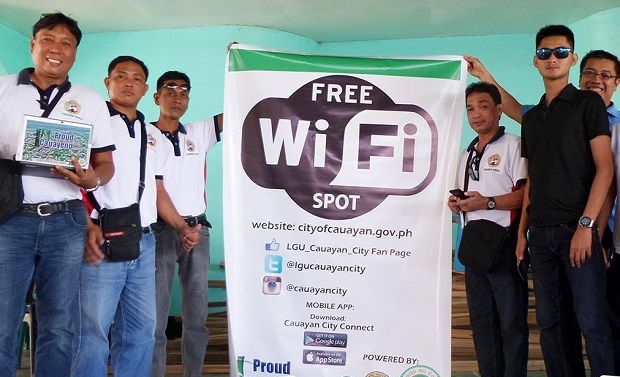Despite progress in recent years, significant disparities in digital access and affordability remain, particularly in rural areas. To bridge this digital divide, it is crucial to address affordability, speed, and demand-side factors, along with transparent and collaborative implementation of policies.
This is according to a study by the Philippine Institute for Development Studies (PIDS) titled, “Making Broadband Universal: A Review of Philippine Policies and Strategies”.
Authored by PIDS researchers Ramonette Serafica, Kris Francisco, and Cel A. Oren, it examines the achievements and challenges faced in the country’s pursuit for universal broadband access.
“Mobile data affordability has shown positive strides in recent years, making it a more accessible option for many Filipinos. However, mobile network performance, particularly in terms of speed, still lags behind Asean counterparts,” the authors noted.
While the Philippines enjoys near universal 4G coverage at 99 percent and promising 5G penetration at 70 percent, its mobile broadband speed lags behind Southeast Asian leaders.
In an Ookla report in August 2023, the Philippines has average fixed broadband upload and download speeds of 6.21 megabits per second (Mbps) and 25.47 Mbps, respectively compared to Singapore with 81.41 Mbps download speed.
There is a glaring problem on affordability. According to the 2022 Global System for Mobile Communications Mobile Association (GSMA) Connectivity Index, the Philippines ranks third lowest in terms of mobile data affordability, scoring a mere 47.01 out of 100.
This acts as a challenging barrier to more widespread Internet adoption although the country fares better in other key factors such as infrastructure and consumer readiness.
“Access and Internet speed fall sharply in rural regions, leaving many communities disconnected from the online world’s opportunities,” the authors added.
Regions with lower development and urbanization, like Region VIII and Bangsamoro Autonomous Region in Muslim Mindanao (BARMM), have much slower Internet speeds. For example, Region VIII’s fastest fixed broadband is only around 40 Mbps, while BARMM’s average mobile download speed is barely 10 Mbps.
To address this disparity, the authors suggest lowering device and data costs and improving network speeds. Online content should also be tailored to local needs. They emphasize the crucial role of comprehensive surveys like the National Information Communication and Technology (ICT) Household Survey which can capture the state of Internet access in the country.
“Better data and insights can guide the government towards targeted solutions,” they explained.
The authors acknowledge the government’s commitment to bridging these gaps. Initiatives like the National Broadband Plan, and recent reforms like the entry of a third telco and satellite service liberalization are promising steps towards achieving universal broadband access.
The design of flagship programs like the Free Wi-Fi for All should be revisited to ensure effectiveness, while exploring alternative mechanisms for underserved communities.
“It is important to foster partnerships among government, private sector, and civil society through comprehensive sharing agreements and robust monitoring and evaluation frameworks,” the authors said.
Program and policy implementation must be strengthened through better monitoring and evaluation, they added.
Transparency and collaboration were also key recommendations together with establishing a national broadband map like the US model for tracking progress and identifying coverage gaps.
Finally, addressing the lack of electricity in certain areas is also a critical prerequisite for utilizing ICT and deploying fixed broadband networks. The authors suggest that deploying networks using electric poles can be a more cost-effective solution compared to building underground fiber optic lines.




